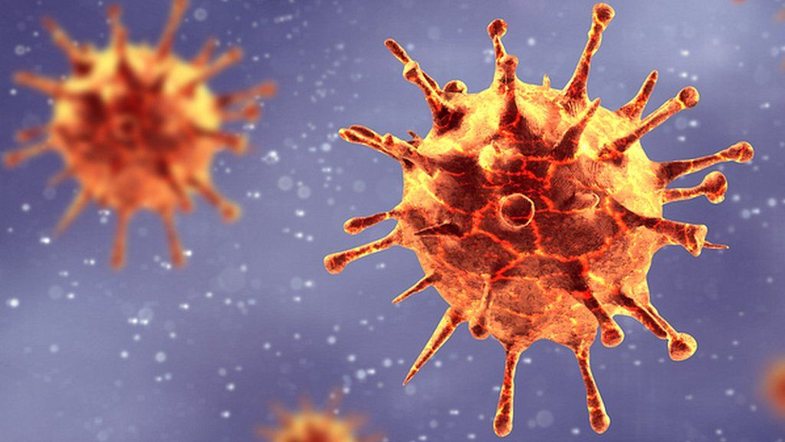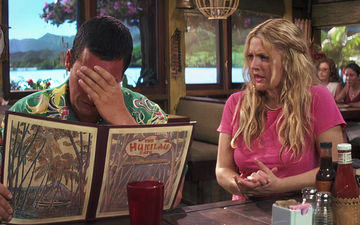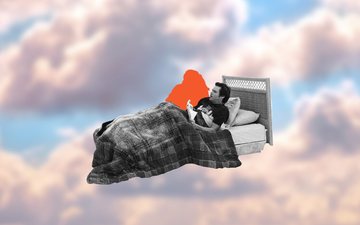
A giant study of more than 12,000 mutations in the new coronavirus reveals that none of them has made a big difference in how easily it infects humans, according to reports from the studies.
The mutations, found in more than 46,000 samples taken from 99 different countries, all appear to be neutral, the team of leading viral genetics experts reported in the journal Nature Communications.
"We find that none of the repeated SARS-CoV-2 mutations tested are associated with significant increases in viral transmission," reported Francois Balloux, Lucy van Dorp, and colleagues at University College London.
They even found a much-discussed mutation that many researchers believed had made the virus more easily transmitted, but in reality, it does not appear to have affected its ability to infect humans. The mutation, called D614G, actually does not do much, they discovered.
"What has happened, however, is indisputable is that the D614G appeared early in the pandemic and is now at a high frequency globally," they added.
This mutation got attention because it appeared in a pandemic time, but still, so far, there is not much to worry about.
However, once people get vaccinated it will change things. It will nurture what is known as selective pressure on the virus, and it is likely to begin to transform, Balloux said.
All viruses can mutate, and RNA viruses, a group that includes coronaviruses, mutate more than others.
They can change due to simple copying errors when the virus multiplies. However, coronaviruses do this less frequently than other RNA viruses.
Even an infected person can cause a virus mutation from what is known as "host RNA editing."
Most mutations so far appear to come from this third mechanism, the Balloux team said, but they appear to be neutral: They neither harm nor help the virus.
"Mutations that are very harmful will be cleared quickly from the population. "Mutations that are only slightly harmful can be saved, only temporarily."
Recommended articles:
Source: CNN





